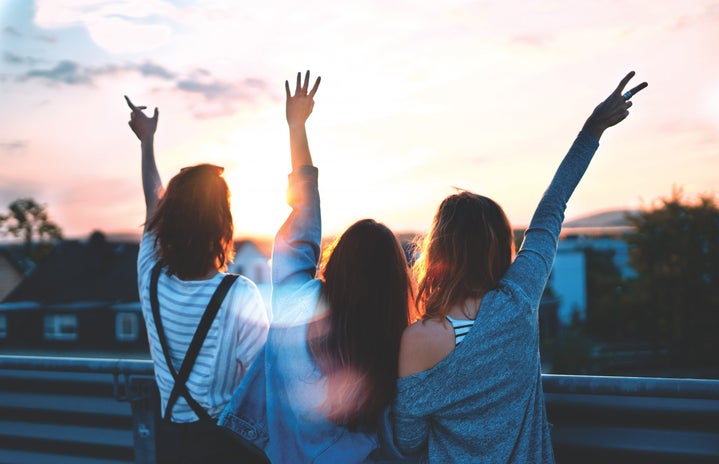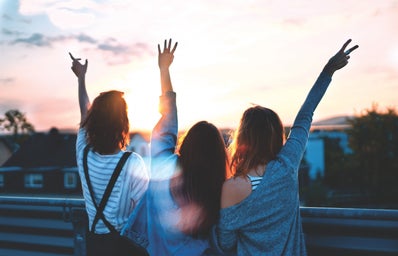Take Back the Night is an event that happens on the UConn campus every year. This year’s event will be Wednesday, April 11 at 7:00 p.m. We spoke with Kristina Drollinger, one of the event’s planners to get all the info you need about the event.
1. How would you describe take back the night?
Take Back the Night is an evening planned by the Violence Against Women Prevention Program (VAWPP) focused on victim-survivor empowerment and healing. It provides students who have been impacted by gender-based violence first-hand with the opportunity to share their story. The march around campus serves as a demonstration of solidarity with victim-survivors. Take Back the Night events are hosted on college campuses across the country, often during Sexual Assault Awareness Month in April.
2. What is your role in VAWPP?
I am an Ambassador for VAWPP along with three other students. We are the main organizers of Take Back the Night and have also worked together to plan other smaller events as a part of our Sexual Assault Awareness Month programming.
3. How many attendees are you anticipating and what is the set up?
The event begins in the SU Ballroom with a series of short performances and remarks from students. For this portion, we expect between 200-250 people. Since it is a long event, not everyone stays for the entire evening. Many of the people who attend the first part participate in the march around campus. After the march, we have a victim-survivor speak-out followed by a coffee house held in the Women’s Center, which gives people who didn’t get a chance to speak or want to do so in a more intimate setting the opportunity to speak-out. There’s a much smaller crowd for the coffee house.
4. What’s the theme of the night?
This year’s theme is “Together we can move mountains.” To us, this symbolizes what healing from gender-based violence can look like. Mountains are made up of peaks and valleys—there can be progress as well as setbacks in the process of healing. Healing isn’t linear and doesn’t look the same for everyone impacted by gender-based violence.
5. Any advice for friends and what they can say/do to help victims of sexual assault?
I personally feel that one of the best things a friend can do is listen. Reassuring a friend that you believe them and thanking them for sharing with you can be a good way to show your support. It’s also incredibly important to honor a victim-survivor’s agency. Their story is their story—victim-survivors should be the ones in control of what information they choose to share and how (if at all) they want to go about seeking support or other resources. I also want to acknowledge that it’s important for people supporting victim-survivors to practice self-care. By identifying and respecting your own limits, you can make sure that you are taken care of and can better support a friend.



